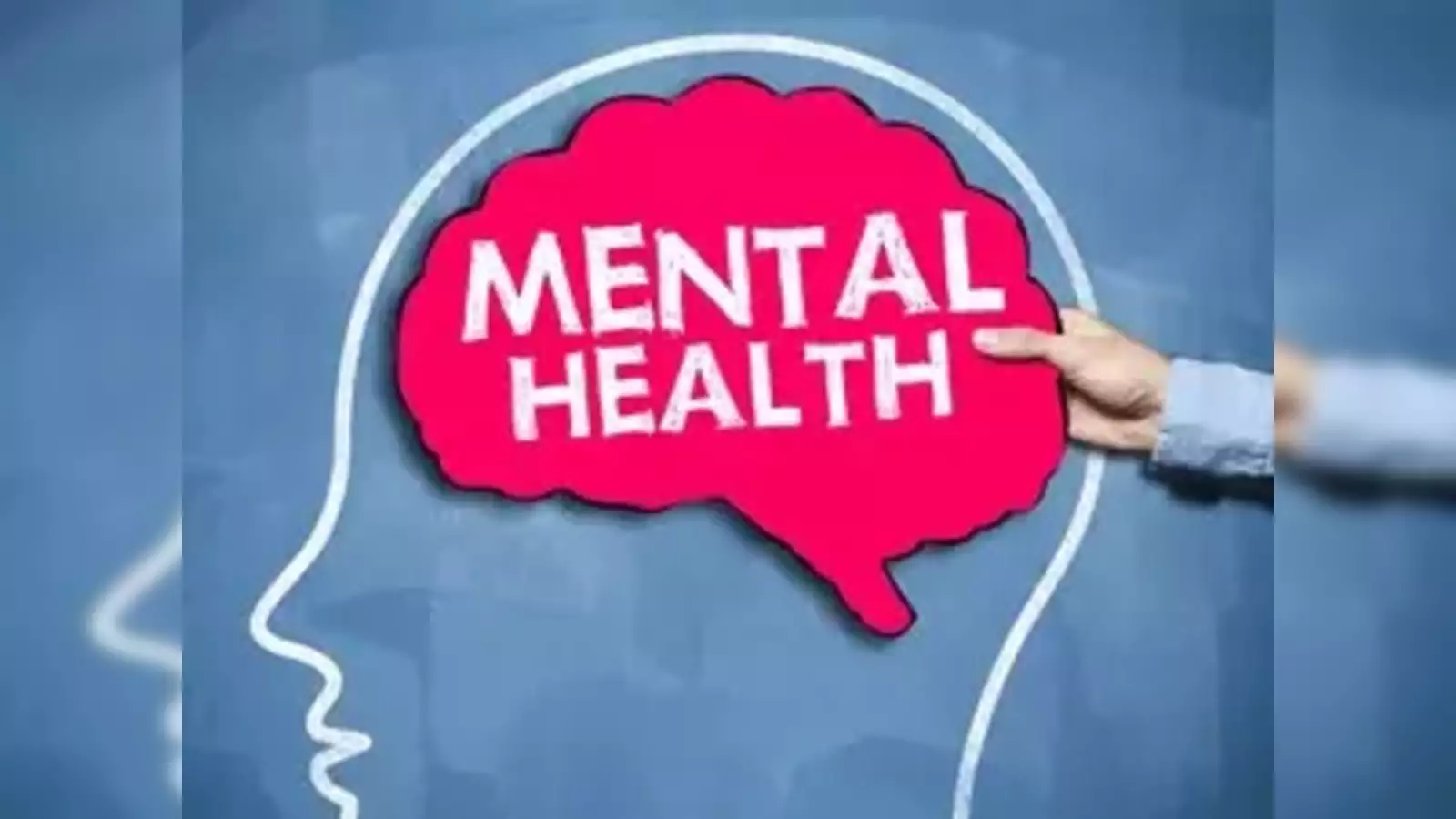National Tele Mental Health Programme: A New Era in Mental Health Care

On October 10, 2022, the Government of India launched the National Tele Mental Health Programme (NTMHP). This initiative aims to enhance mental health services across the country. It serves as the digital extension of the District Mental Health Programme. The NTMHP seeks to provide universal access to mental health care that is equitable, accessible, affordable, and of high quality. To facilitate this, a toll-free helpline number, 14416, has been established, allowing individuals to access mental health counseling services 24/7.
Objectives of the National Tele Mental Health Programme
The NTMHP has several specific objectives designed to improve mental health services in India. First, it aims to significantly increase the reach of mental health services. By establishing a 24/7 tele-mental health facility in every state and Union Territory, the program ensures that anyone in need can access help at any time. This is particularly crucial in a country as vast and diverse as India, where mental health services are often limited in rural areas.
Second, the program seeks to create a comprehensive mental health service network. This network will not only offer counseling but also provide integrated medical and psychosocial interventions. This holistic approach is essential for addressing the various aspects of mental health and ensuring that individuals receive the support they need.
Lastly, the NTMHP aims to extend its services to vulnerable and hard-to-reach populations. This includes marginalized communities and individuals who may not have easy access to traditional mental health services. By focusing on these groups, the program hopes to reduce disparities in mental health care access and improve overall mental health outcomes across the country.
Progress and Achievements of the NTMHP
As of February 3, 2025, the NTMHP has made significant strides in its implementation. A total of 36 states and Union Territories have established 53 Tele MANAS Cells. These cells provide tele-mental health services in 20 different languages, catering to the linguistic diversity of India. The helpline has successfully handled over 1.8 million calls, demonstrating the program’s effectiveness in reaching those in need.
Financially, the government has allocated substantial funds to support the NTMHP. For the fiscal years 2022-23, 2023-24, and 2024-25, the program received allocations of Rs. 120.98 crore, Rs. 133.73 crore, and Rs. 90.00 crore, respectively. This funding is crucial for maintaining and expanding mental health services across the country.
Additionally, on World Mental Health Day, October 10, 2024, the government launched the Tele MANAS Mobile Application. This app serves as a comprehensive platform for individuals seeking support for various mental health issues, from general well-being to specific mental disorders. The introduction of this mobile application marks a significant step forward in making mental health resources more accessible to the public.
Integrating Mental Health Services into Primary Healthcare
The government is also working to integrate mental health services into primary healthcare. This initiative involves upgrading over 173,000 Sub Health Centres (SHCs) and Primary Health Centres (PHCs) into Ayushman Arogya Mandirs. These centers now include mental health services in their packages of care, making it easier for individuals to access mental health support alongside other health services.
The District Mental Health Programme (DMHP) plays a vital role in this integration. It operates in 767 districts, focusing on the detection, management, and treatment of mental illnesses at the district level. The DMHP provides a range of services, including outpatient care, counseling, and support for individuals with severe mental disorders. This comprehensive approach ensures that mental health care is available at multiple levels of the healthcare system.
Furthermore, the government has established 25 Centres of Excellence under the tertiary care component of the National Mental Health Programme. These centers aim to increase the number of trained professionals in mental health specialties and provide advanced treatment facilities. By enhancing the educational infrastructure, the government is working to address the shortage of mental health professionals in the country.
Observer Voice is the one stop site for National, International news, Sports, Editor’s Choice, Art/culture contents, Quotes and much more. We also cover historical contents. Historical contents includes World History, Indian History, and what happened today. The website also covers Entertainment across the India and World.

